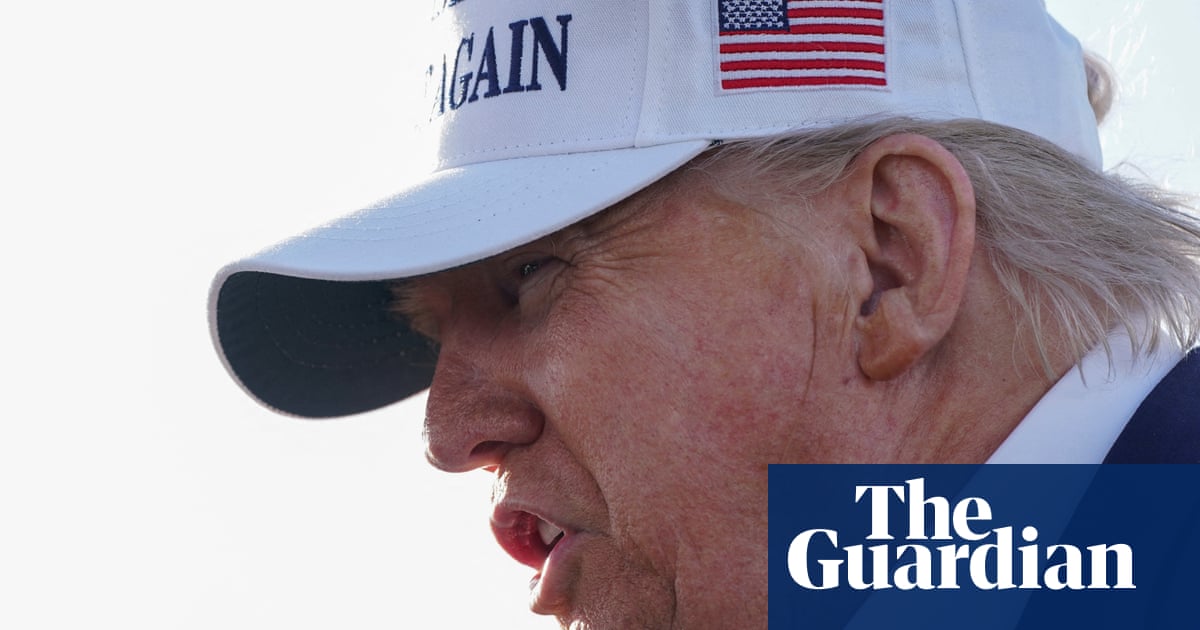Trump Delays Tariffs on EU Imports: A Turning Point in Trade Relations
In a surprising pivot from his previous stance, former President Donald Trump has announced a delay on the proposed 50% tariffs on all European Union imports into the United States. After what he called a “very nice call” with European Commission President Ursula von der Leyen, Trump extended the deadline for these tariffs by over a month, moving the implementation date from June 1 to July 9. This decision provides both sides with additional time for negotiations, amidst a backdrop of escalating trade tensions between two of the world’s economic powerhouses.
The Context of the Delay
Trump’s initial threat to impose these hefty tariffs stemmed from frustrations about stalled negotiations with the EU. Just days before the delay announcement, he expressed dissatisfaction with the direction of discussions, stating he was “not looking for a deal” that might avert the tariffs. This sharp tone signaled a potentially substantial shift in U.S.-EU trade relations, echoing previous strategies that have characterized Trump’s approach—often marked by aggressive tactics aimed at achieving favorable terms.
Responses from the EU
Following the announcement of the tariff delay, von der Leyen took to social media, emphasizing Europe’s readiness to move forward with trade discussions "swiftly and decisively." Her statement reflects a collaborative spirit aimed at countering Trump’s hardline tactics while indicating that Europe is open to finding common ground. Meanwhile, Germany’s finance minister, Lars Klingbeil, underscored the need for "serious negotiations," indicating a desire for constructive dialogue rather than further provocations that could complicate trade relations.
Implications of the Tariff Delay
The continuation of negotiations holds significant implications for both U.S. and European economies. The proposed tariffs, had they been implemented, would have escalated existing tensions. By delaying the tariffs, Trump may be seeking to soften relations with European leaders and foster a more amicable environment for future discussions. It reflects an understanding that both parties could benefit from a negotiated solution rather than entering into a costly trade war.
Other Key Global Developments
As trade discussions unfold, other significant geopolitical events are also capturing headlines. Trump recently issued stark warnings to Russia regarding its intentions in Ukraine, suggesting that any attempts to seize the entirety of Ukrainian territory could lead to Russia’s “downfall.” This message of firmness is indicative of Trump’s broader strategy to balance assertiveness in foreign policy while managing domestic political pressures.
Simultaneously, the dynamics within the Republican Party are shifting as fiscal conservatives express discomfort with Trump’s proposed spending plans. Key party figures are urging the former president to seriously address government spending and national debt concerns, threatening to block his proposed legislation if he fails to align with their financial conservatism.
Internal Changes within the U.S. Justice System
Amidst these external pressures, U.S. federal judges are contemplating creating their own armed security force. This consideration arises in response to increasing concerns over security threats, particularly as they feel the state’s protective measures may be insufficient. This potential shift would place security details under judges’ control, highlighting rising tensions and challenges faced by the judicial system in the current political climate.
The Broader Picture
As Trump navigates these complex issues—from international trade negotiations to domestic security and political challenges—his approach continues to evoke intense reactions both within the U.S. and abroad. The juxtaposition of the tariff delay with other global crises represents the multifaceted nature of his administration’s challenges, as well as the intricate web of relations that can shift rapidly in the world stage.
By closely observing these developments, one can grasp the intricate interplay between negotiation, policy-making, and international relations that define this pivotal period in modern political history.


